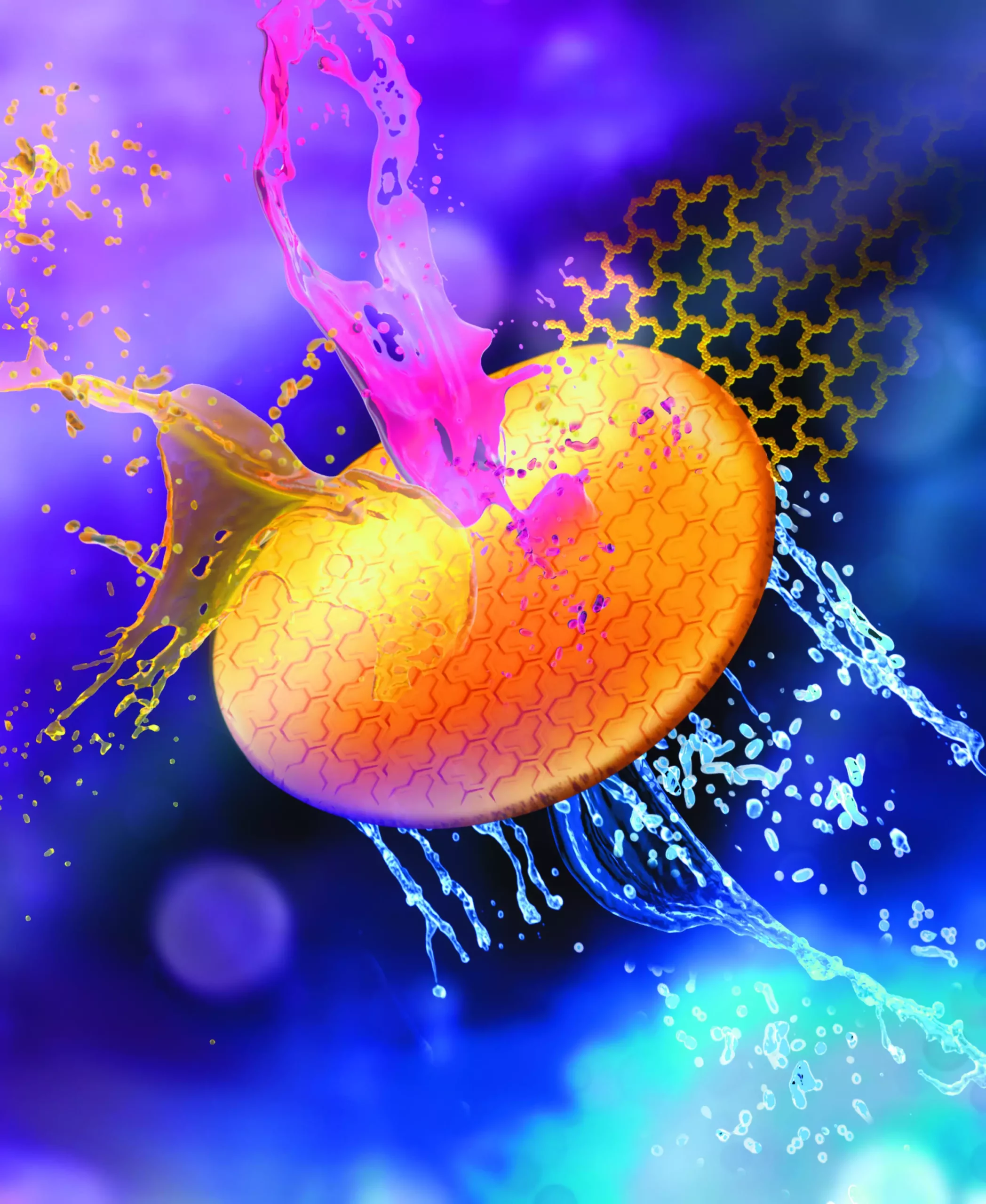In an era marked by increasing water scarcity and pollution, researchers at NYU Abu Dhabi (NYUAD) have introduced an innovative microwave-based technique for synthesizing membranes that could revolutionize water purification. This novel approach enables the rapid development of covalent organic framework (COF) membranes, which are essential in filtering out various contaminants from water. As efficient wastewater treatment becomes paramount for environmental sustainability and public health, this advancement presents a timely solution.
The key feature of the NYUAD research is the streamlined synthesis process that takes only minutes, making it one of the most efficient methods available for fabricating COF membranes. Utilizing microwave technology, the researchers achieved a one-step synthesis at the liquid-water vapor interface—a significant departure from traditional, time-consuming methods. By controlling exposure time to microwaves, the researchers can adjust critical membrane properties, such as thickness and hydrophilicity, tailoring them specifically to target various pollutants effectively.
Dual-Faced Design for Enhanced Functionality
One of the standout features of the developed membranes is their dual-faced architecture, which combines superhydrophilic and near-hydrophobic characteristics. This unique configuration allows for superior contaminant removal, efficiently filtering out substances like oils and dyes that often plague water supplies. In addition to their filtering capabilities, these membranes also exhibit strong antibacterial properties, critical to maintaining their effectiveness over time. This dual-function functionality not only improves purification outcomes but also ensures the longevity of the membrane’s performance.
Performance Advantages Over Traditional Methods
The NYUAD team, led by Professor Ali Trabolsi, has found that their COF membranes outperform traditional polymeric options concerning both efficiency and durability. Specifically, the multilayered structure of the membranes provides exceptional water flux while significantly resisting organic fouling. These qualities tackle a major hurdle faced by conventional filtration systems, where the accumulation of pollutants can diminish performance and require costly maintenance.
As water scarcity continues to threaten ecosystems and human health globally, the implications of this research extend beyond the laboratory. By simplifying the membrane production process and enhancing the separation capabilities, this innovative technology could offer a scalable solution tailored to diverse water quality challenges. The findings, detailed in the Journal of the American Chemical Society, highlight a cooperative research effort that not only pushes the boundaries of materials science but also contributes to solving urgent global environmental issues.
The significant advancements in COF membrane technology at NYU Abu Dhabi not only mark a substantial step in the field of water purification but also underscore the critical need for sustainable solutions in water treatment. With ongoing research and potential widespread application, these innovations have the power to reshape water management practices and improve access to clean water worldwide.


Leave a Reply